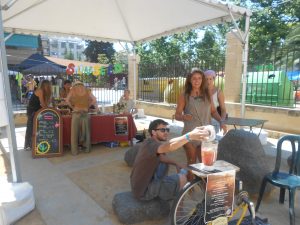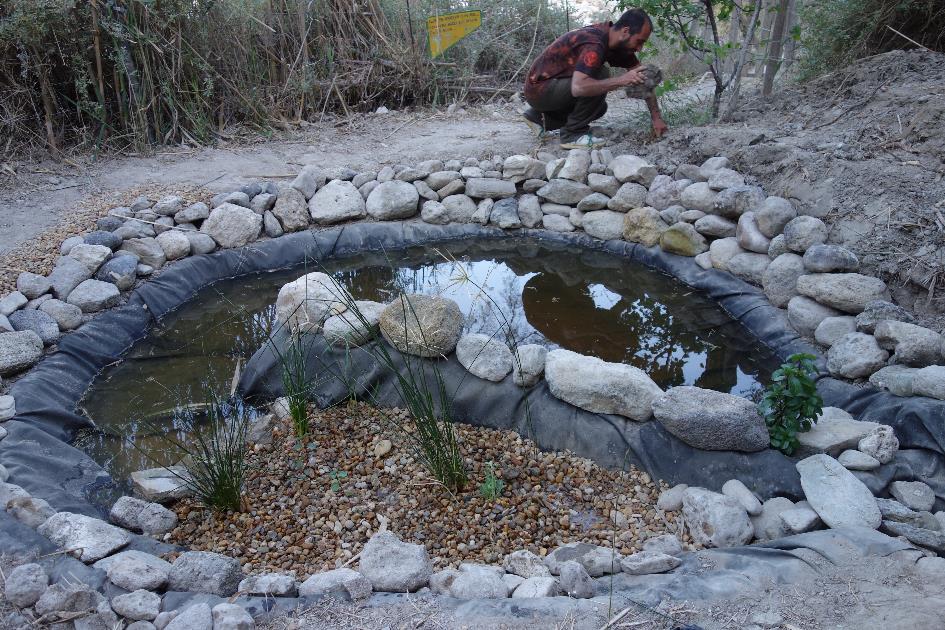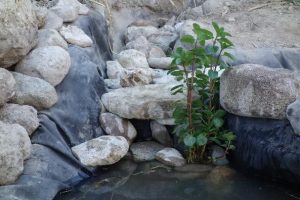Courses and Events
Join us on Saturday 17th of March for a lunch and an afternoon full of music and meditation, open to everyone 🙂 The friends of Sunseed and Los Molinos – Armelle, Etienne, Igor and Terese – are going to visit us and offer an immersive experience bringing their instruments (sitar, Tibetan bowls and tuning forks) and spiritual experience.

Have a look at a detailed schedule below:
- 15:00 – 16:00 Sound journey (Igor and Terese – sitar, Tibetan bowls, tuning forks)
- 16:30 – 17:30 Guided meditation (Armelle)
- 17:30 – 18:30 Late lunch (5€)
- 18:30 – 20:00 Sitar concert (Etienne)
- 20:30 – 21:30 Mantra singing (Casa Azul – Participative / all instruments welcome)
We will open and close the door for each separate part, to hold the meditative space during the respective experiences, so please be punctual 🙂

The mantra singing will be very open letting participants also join later in the evening if there is the energy to sing and play together.
Entrance fee per session: donation based
























